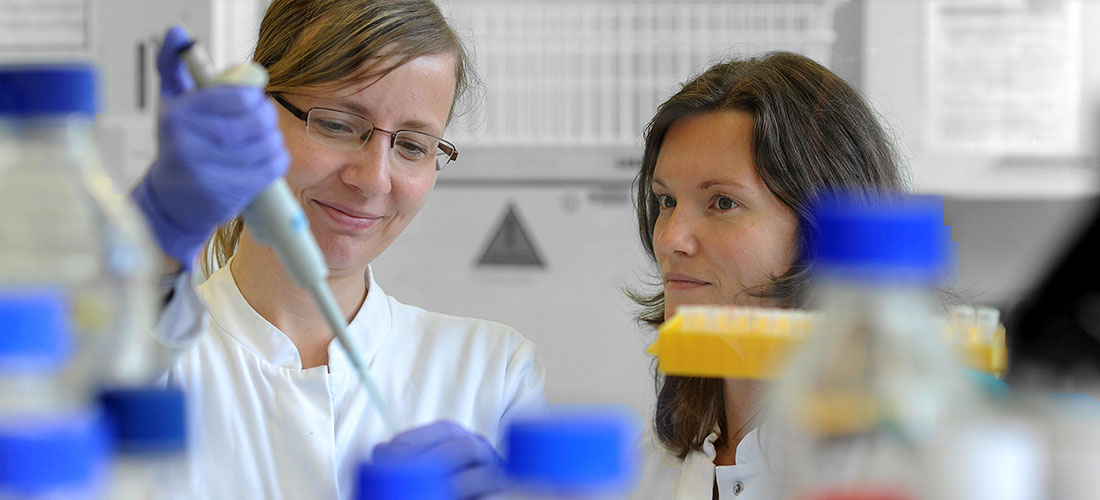A01: Tracing clonal evolution in neuroblastoma by single-cell DNA sequencing
We have previously applied bulk sequencing technologies to discover genomic hallmarks of neuroblastoma development and relapse that have led to a mechanistic classification of clinical neuroblastoma phenotypes [o3]. The principles of clonal evolution in high-risk neuroblastoma, however, remain largely unclear to date. We hypothesize that a deeper understanding of the evolutionary changes occurring over the course of disease may be key for developing treatment strategies that overcome therapy failure by targeting resistance mechanisms. Project A01, thus, aims to gain profound insights into the evolutionary processes underlying high-risk neuroblastoma development, metastasis and relapse by exploiting single-cell genomic sequencing. To this end, we will purify and isolate cell nuclei from fresh-frozen neuroblastoma samples and generate sequencing libraries from DNA of individual nuclei (Task 1). Sequencing data will be processed using a computational workflow that we previously developed to identify subclonal genomic alterations in single-cell DNA sequencing data (Task 1). We will use this approach to gain insights into distinct aspects of clonal neuroblastoma evolution (i) in MYCN-amplified neuroblastoma (Task 2) and during (ii) tumor dissemination (Task 3) and (iii) relapse following chemotherapy (Task 3). We expect that the detection of intermediate genomic states in individual cancer cells by single-cell DNA sequencing will allow precise reconstruction of phylogenetic trees and their representation within the tumor. Our data will, therefore, provide a basis to uncover principles of mutational selection and processes shaping the genetic architecture of neuroblastoma at diagnosis and relapse. These findings will subsequently enable the design of more efficient treatment concepts in the clinical long-term perspective after appropriate validation of results by orthogonal methods (Task 4).
PhD positions and place of work: 2
1 wet-lab (PI Matthias Fischer, University Hospital Cologne)
1 computational (PI Martin Peifer, University Hospital Cologne)



